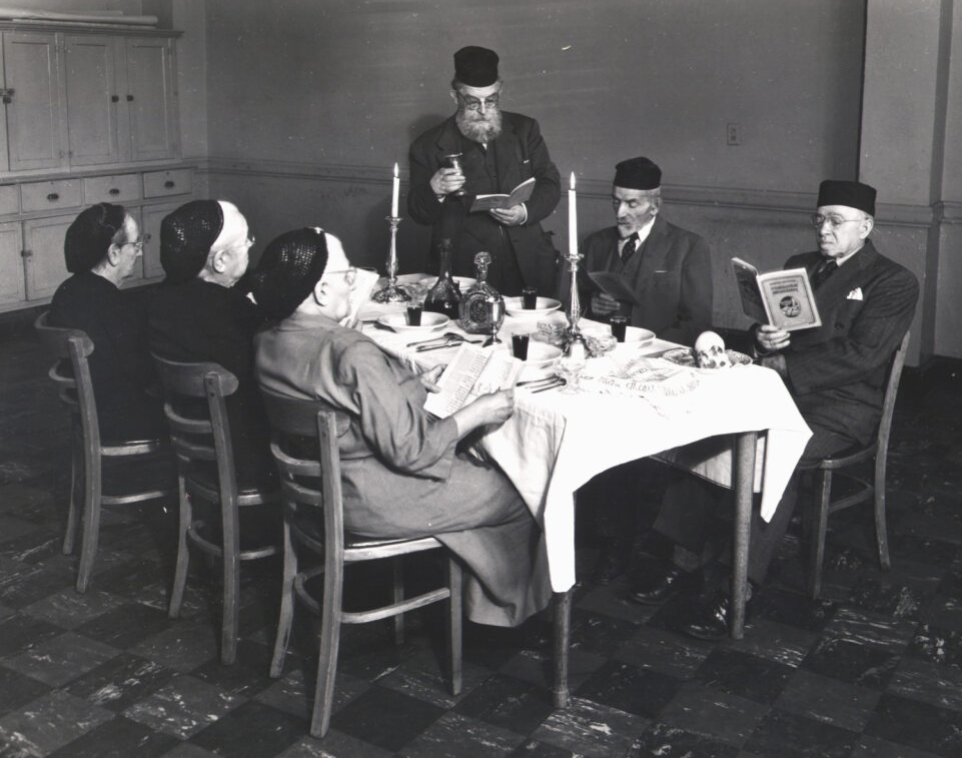
Passover invites each of us to connect in our own way. No two Seders are ever exactly alike—and that’s part of the beauty. Whether it’s your very first or your 50th, there’s always a place for you at the table.
Some of the most meaningful parts of Passover come from the traditions we pass down through generations. That’s what gives the holiday its mix of comfort and joy. And while each family might celebrate a little differently, every tradition becomes a thread in the larger tapestry of Jewish life.
In my family, for example, we always had boiled potatoes alongside the hard-boiled eggs. That custom came from my grandparents, who emigrated from Baronovka, Russia (now Ukraine) and settled on Clinton Place in the Weequahic section of Newark. Back in Baronovka, green vegetables like parsley were hard to come by, so potatoes were a practical option for karpas. Eventually, it became so familiar we forgot why we did it—just that we loved it and missed it when it wasn’t there.
Another staple: savory matzo brie with onions. Always savory. Never the sweet kind with sugar or jam. This became a topic of conversation when I married someone who prefers the sweet version. (We’ve learned to compromise.) And let’s not even get into the great matza ball debate—hard vs. fluffy. You know where you stand.
The point is—Passover allows every Jewish person to partake in a Seder even if it’s not one with your family.
This was especially true a century ago in Newark, where the largest Jewish population in New Jersey resided. In 1923, the YM & YWHA of Newark held a large community Seder for young people at Oheb Shalom Congregation. That same year, a Seder was held at Ellis Island for new immigrants. In 1925, the prison welfare committee of the Women’s Association of Temple B’nai Jeshurun held a Seder for Jewish prisoners at the Rahway Reformatory.
In 1926, the Social Service Committee of Beth Israel Hospital held a seder for patients well enough to attend and was officiated by Rabbis Hoffman and Silberfeld.
And if you were lucky to be “down the shore” for Passover, you might have joined a Seder at Hotel Lelande in Atlantic City, Schary’s Hotel in Pleasantdale, or the Atlantic Hotel in Asbury Park. Seders were everywhere—and for everyone.
So, this year, let’s hold onto those old traditions. Let’s try some new ones. And most importantly, let’s make room at our tables for anyone who might otherwise be alone—just like our communities did a hundred years ago.
Let there always be a Seder for everyone.
If you have a story to tell about your unique Passover family traditions or a special Passover experience, let the Jewish Historical Society of Greater MetroWest know. We’d love to hear from you and give you a tour of our archives.
Have a Zissen Pesach (sweet Passover)!

